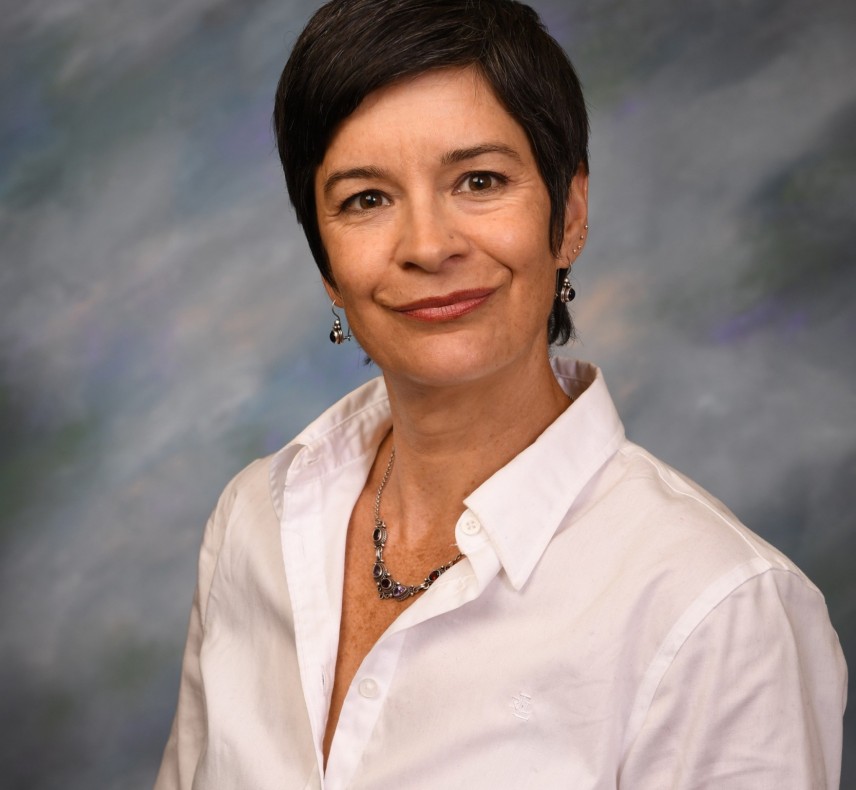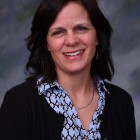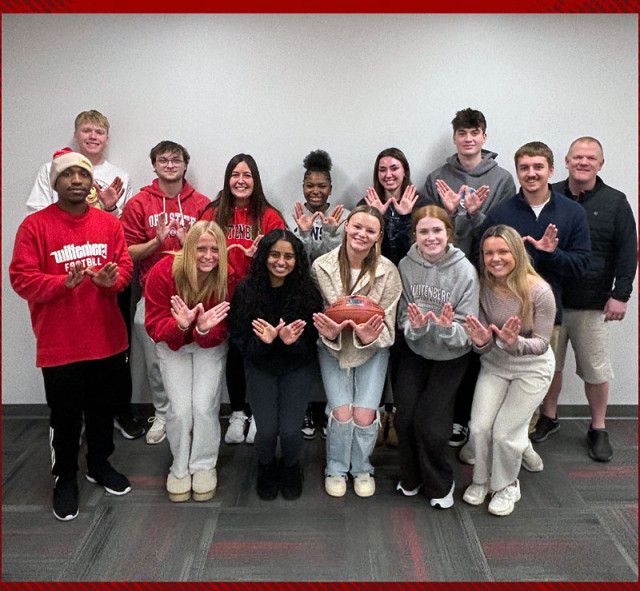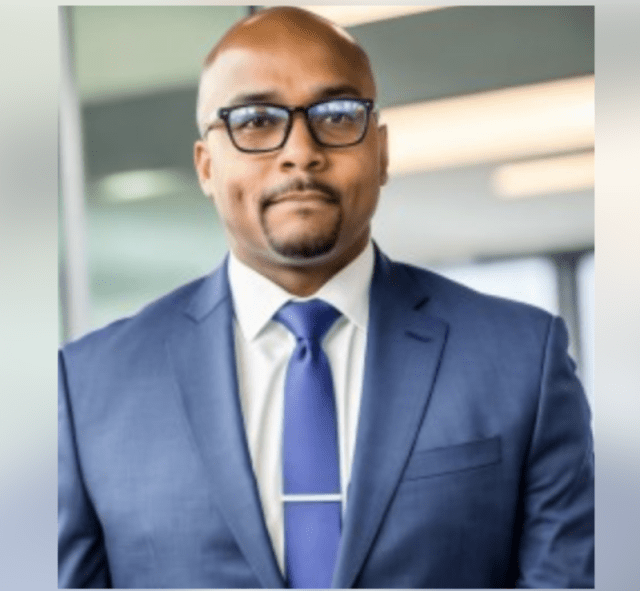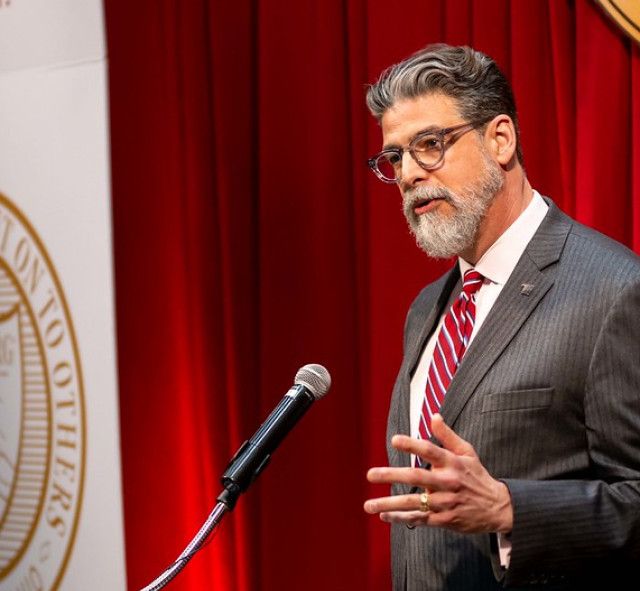What is the meaning of life? Do humans have free will? Does God exist? These are just a few of the questions that philosophers debate. Wittenberg Professor of Philosophy Nancy McHugh is now collaborating with other professionals in her field to bring those conversations out of the classroom and into public spaces.
McHugh, chairperson of Wittenberg’s department of philosophy and director of the justice, law, and public policy program, serves as president of the Public Philosophy Network (PPN), which is comprised of philosophers, practitioners, and policy makers interested in making philosophy more accessible to the general public. Through a range of practices, including blogs, podcasts, and “Ask A Philosopher” booths, members are introducing the subject in unexpected places, such as prisons, community centers, breweries, coffee houses, and even a New York City subway station.
Wittenberg students had their own opportunity to ask philosophical questions or discuss ideas on April 5, at the annual Liberal Arts in Action: A Celebration of Learning, where the department of philosophy hosted an “Ask A Philosopher” booth staffed by faculty and students in the Benham-Pence Student Center.
McHugh explained that public philosophy goes beyond just thinking about existential questions. It involves applying critical and ethical thinking to finding solutions to society’s toughest problems. In a February post on the American Philosophical Association’s blog, she and other members of the PPN executive committee argue the value and efficacy of public philosophy, asserting that philosophy is influencing medical ethics, prison education, pre-college instruction and outreach, and policy making.
A Fellow of Wittenberg’s Hagen Center for Civic and Urban Engagement, McHugh integrates the principles of public philosophy in her teaching by creating engagement between students and the broader community.
“This can be seen in my Inside-Out teaching where I take Wittenberg students to have class at a men’s prison and Clark County Juvenile Detention Center, and in my Science and Social Context course during which we work with People for Safe Water,” she said. “These courses serve as a means for all of us to be challenged to think critically, carefully, and compassionately within our local and global communities.”
One of the founders of the Public Philosophy Network is Christopher P. Long, a philosophy and political science major from the Wittenberg class of 1991 and currently a professor of philosophy and dean of the College of Arts & Letters at Michigan State University.
“I met Chris at a 2013 Public Philosophy Network conference when he came to my panel on the Restorative Justice Initiative that we were running with the Clark County Juvenile Court and Project Jericho,” said McHugh. “Meeting him at this conference led to developing an ongoing relationship where he has returned to Wittenberg to give talks and lead workshops on philosophy, as well as receive an honorary degree in 2017. We’re now collaborating on several projects, including one for fall of 2019, which is a workshop to help junior faculty who are public philosophers develop strategies for tenure and promotion.”
In existence for about 10 years, the Public Philosophy Network is now formalizing its structure and building its capacity. In addition to McHugh as president, the executive committee includes Evelyn Brister, associate professor of philosophy at the Rochester Institute of Technology, as vice president; Todd Franklin, the Christian A. Johnson Excellence in Teaching Professor of Philosophy and Africana Studies at Hamilton College, as treasurer; and Ian Olasov, a graduate student at CUNY Brooklyn, as secretary.
Wittenberg will host the 2019 Annual Meeting of the Ohio Philosophical Association from 9 a.m. to 5 p.m., Saturday, April 13, in the Joseph C. Shouvlin Center for Lifelong Learning. Karl Ameriks, the McMahon-Hank Professor of Philosophy Emeritus at the University of Notre Dame, will serve as the keynote speaker, and a variety of presentations by scholars and undergraduate students will be offered.
To learn more about the Public Philosophy Network, visit https://www.publicphilosophynetwork.net .
To read more about “Ask A Philosopher” events, visit https://www.newsweek.com/meaning-life-philosophy-questions-booth-opinio…
or https://www.nytimes.com/2018/01/18/nyregion/new-york-today-philosophers….
To learn more about the 2019 Annual Meeting of the Ohio Philosophical Association, visit https://philosophy.kent.edu/OPA2/2019-program.


